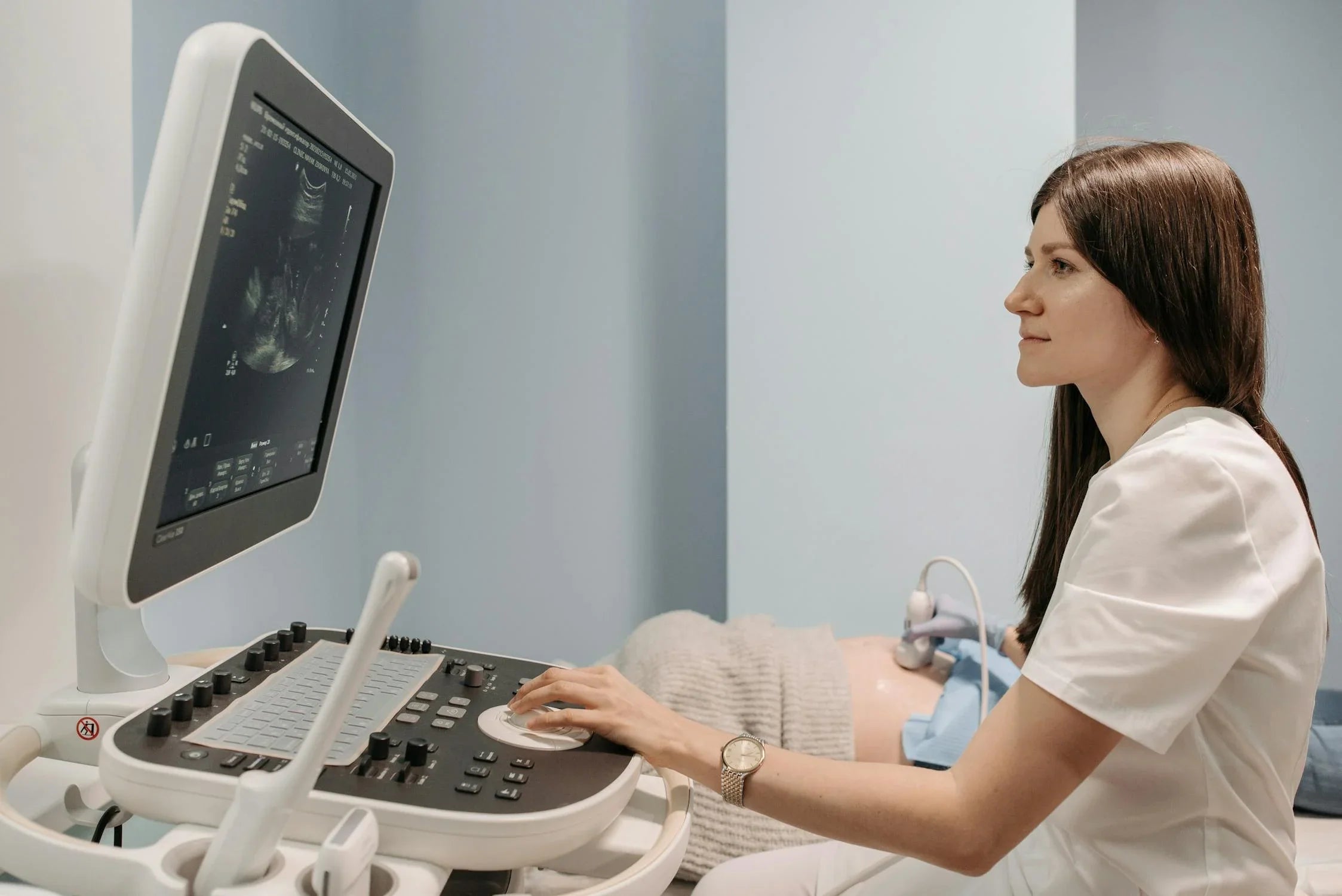Home
Pregnancy, Breastfeeding, and Pumping: The Ultimate Guide for Moms
Can You Take Pregnancy Test 10 Days Before Your Period?

Can You Take Pregnancy Test 10 Days Before Your Period?
When it comes to pregnancy testing, timing is everything. Many women wonder, can you take a pregnancy test 10 days before your period? The answer isn't straightforward, as it depends on various factors, including the sensitivity of the test and your body's hormone levels. This article dives deep into the science behind early pregnancy testing, helping you understand what to expect and how to maximize accuracy.
Understanding Pregnancy Tests
Pregnancy tests work by detecting the presence of human chorionic gonadotropin (hCG), a hormone produced during pregnancy. After fertilization, the developing embryo implants into the uterine lining, triggering hCG production. This hormone doubles every 48 to 72 hours in early pregnancy, making it a reliable marker for testing.
How Early Can You Test?
Most standard pregnancy tests are designed to detect hCG levels around the time of your missed period. However, some highly sensitive tests claim to detect pregnancy as early as 10 days before your expected period. These tests can detect hCG levels as low as 10 mIU/mL, but their accuracy depends on several factors.
Factors Affecting Early Test Accuracy
Several factors influence whether a pregnancy test taken 10 days before your period will be accurate:
- Implantation Timing: Implantation typically occurs 6 to 12 days after ovulation. If implantation happens later, hCG levels may not be detectable by day 10.
- Test Sensitivity: Highly sensitive tests can detect lower hCG levels, increasing the chances of early detection.
- Urine Concentration: Using first-morning urine, which is more concentrated, can improve test accuracy.
- Ovulation Variability: If your ovulation date is uncertain, predicting the best time to test becomes challenging.
Pros and Cons of Early Testing
Testing 10 days before your period has its advantages and disadvantages:
Pros
- Early detection can provide peace of mind or allow for timely prenatal care.
- Highly sensitive tests may give accurate results before a missed period.
Cons
- False negatives are more likely due to low hCG levels.
- Testing too early can lead to unnecessary stress or confusion.
Tips for Accurate Early Testing
If you decide to test 10 days before your period, follow these tips to improve accuracy:
- Use a highly sensitive pregnancy test.
- Test with first-morning urine for the most concentrated hCG levels.
- Read the test results within the recommended time frame to avoid evaporation lines.
- If the result is negative but you still suspect pregnancy, retest after a few days.
When to Consult a Healthcare Provider
If you receive a positive result or continue to experience pregnancy symptoms despite a negative test, consult a healthcare provider. Blood tests and ultrasounds can provide more definitive answers and ensure you receive appropriate care.
Emotional Considerations
Early pregnancy testing can be an emotional rollercoaster. Whether you're hoping for a positive or negative result, it's essential to manage expectations and seek support if needed. Remember, a single test result is not always definitive, and retesting or consulting a professional can provide clarity.
So, can you take a pregnancy test 10 days before your period? The answer is yes, but with caution. Early testing can be a helpful tool, but it's not foolproof. Understanding the factors that influence accuracy and managing your expectations can help you navigate this sensitive time with confidence. Whether you're eagerly awaiting good news or preparing for the next steps, knowledge is your best ally.
Share
